
Laurence David Kramer (June 25, 1935 – May 27, 2020) was an American playwright, author, film producer, public health advocate, and gay rights activist. He began his career rewriting scripts while working for Columbia Pictures, which led him to London, where he worked with United Artists. There he wrote the screenplay for the film Women in Love (1969) and received an Academy Award nomination for h...
Explore all movies appearances
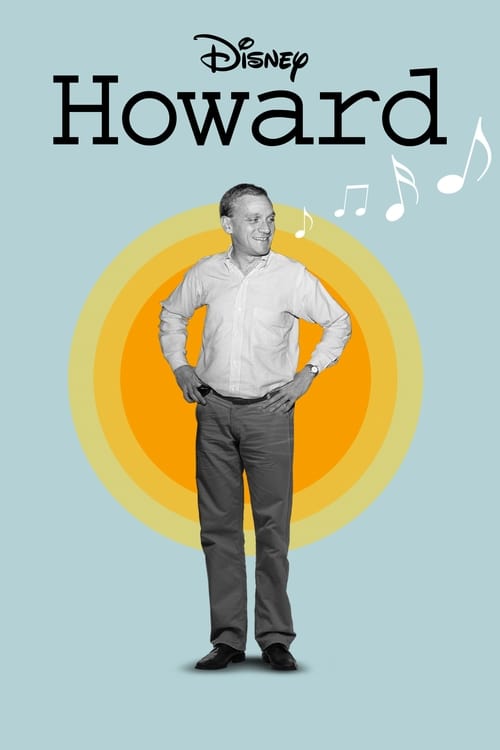
Though legendary lyricist Howard Ashman died far too young, his impact on Broadway, movies, and the culture at large were incalculable. Told entirely through rare archival footage and interviews with Ashman’s family, friends, associates, and longtime partner Bill Lauch, Howard is an intimate tribute to a once-in-a-generation talent and a rousing celebration of musical storytelling itself.
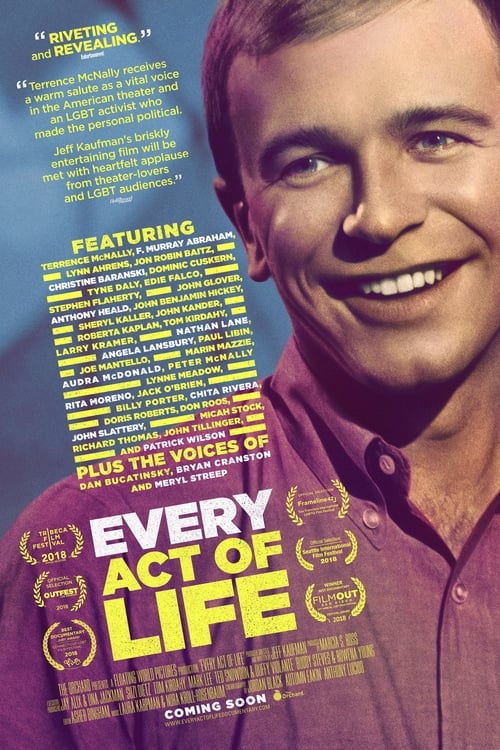
The life of Tony-winning playwright Terrence McNally (Master Class, Ragtime): 60 years of groundbreaking plays and musicals, the struggle for gay rights, addiction and recovery, finding true love, and the relentless pursuit of inspiration.

In 1967, Dr. Thomas Starzl stunned the world with the first successful liver transplantation. His breakthrough provoked controversy. Critics accused him of recklessness, even murder. Others declared it the beginning of a medical revolution. "Burden of Genius" is the story of an innovator as complex and elusive as the biological secrets he unlocked. It is also a reflection on the price of scientific progress by the man many consider the greatest surgeon of the 20th century and the father of transplantation.
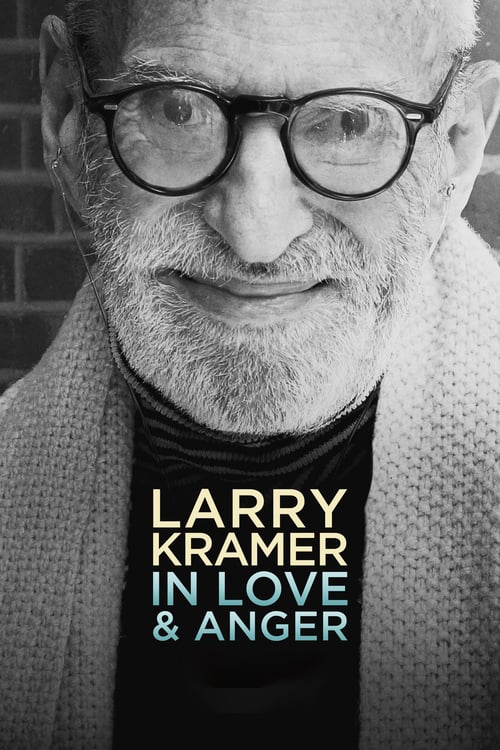
From the onset of the AIDS epidemic, author Larry Kramer emerged as a fiery activist, an Old Testament-style prophet full of righteous fury who denounced both the willful inaction of the government and the refusal of the gay community to curb potentially risky behaviors. Co-founder of both organization Gay Men's Health Crisis and the direct action protest group ACT UP, Kramer was vilified by some who saw his criticism to be an expression of self-hatred, while lionized by others who credit him with waking up the gay community — and, eventually, the government and medical establishment — to the devastation of the disease.

Terrence McNally’s Corpus Christi is a play retelling the Jesus story, with Jesus as a gay man living in the 1950s in Corpus Christi, Texas. This documentary follows the troupe, playwright, and audience around the world on a five-year journey of Terrence McNally’s passion play, where voices of protest and support collide on one of the central issues facing the LGBT community: religion.
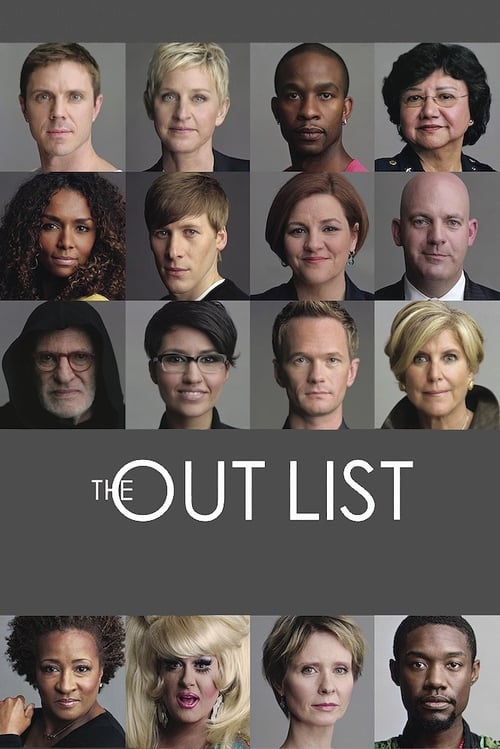
Through the voices of Americans from all walks of life, The Out List explores the identities of the lesbian, gay, bisexual, and transgender community in America. In this series of intimate interviews, a diverse group of LGBTQ personalities bring color and depth to their experiences of gender and sexuality. With wit and wisdom, this set of trailblazing individuals weaves universal themes of love, loss, trial, and triumph into the determined struggle for full equality.

Joe Papp, the founder of the New York Shakespeare Festival and, subsequently, The Public Theater—arguably the most important theatre in North America—is profiled in this documentary that neither sanctifies nor vilifies him. He brought us free Shakespeare in the Park, Hair and A Chorus Line, and nurtured many of America’s greatest playwrights, directors and actors. His complex personality and mercurial behavior are much in evidence and spoken of with frankness through interviews with some of America’s most celebrated artists, including Meryl Streep, Christopher Walken, Martin Sheen, Kevin Kline, and James Earl Jones.
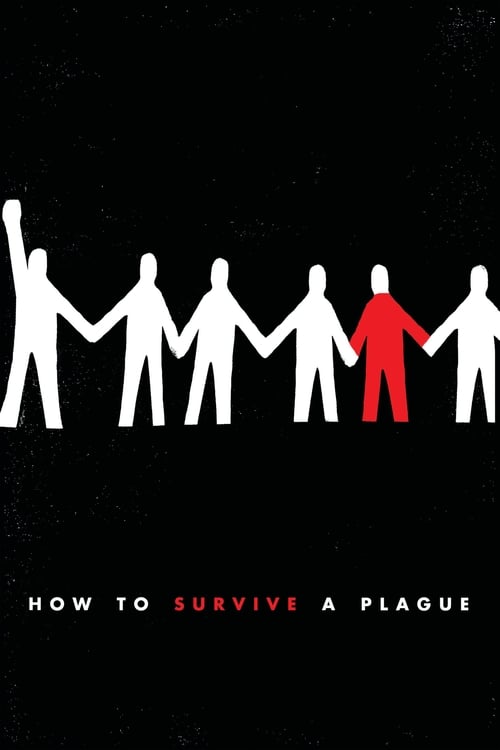
A story of two coalitions – ACT UP and TAG (Treatment Action Group) – whose activism and innovation turned AIDS from a death sentence into a manageable condition. Despite having no scientific training, these self-made activists infiltrated the pharmaceutical industry and helped identify promising new drugs, moving them from experimental trials to patients in record time.
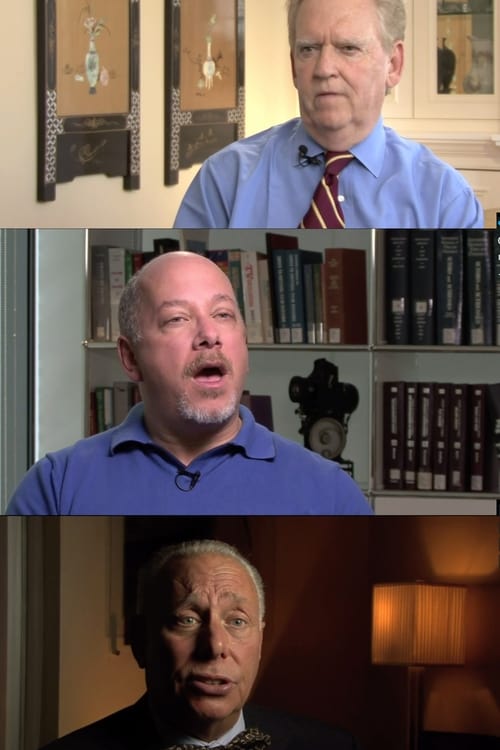
The story of the AIDS epidemic from its early, ominous beginnings and the wave of death that followed, through the formation of ACT UP and the arrival of life-prolonging medicines. This program is comprised of interview outtakes from the documentary motion picture VITO, about gay activist and film historian Vito Russo.
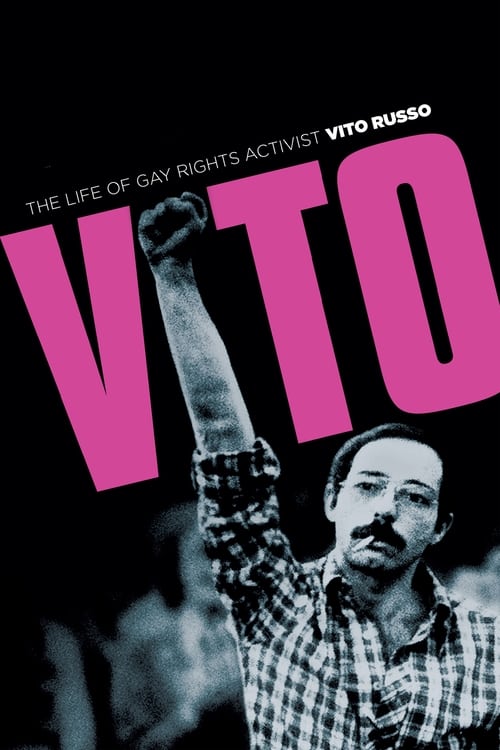
In the aftermath of Stonewall, a newly politicized Vito Russo found his voice as a gay activist and critic of LGBTQ+ representation in the media. He went on to write "The Celluloid Closet", the first book to critique Hollywood's portrayals of gays on screen. During the AIDS crisis in the 1980s, Vito became a passionate advocate for justice via the newly formed ACT UP, before his death in 1990.
Subscribe for exclusive insights on movies, TV shows, and games! Get top picks, fascinating facts, in-depth analysis, and more delivered straight to your inbox.